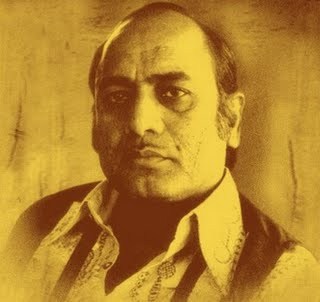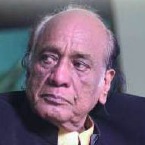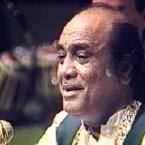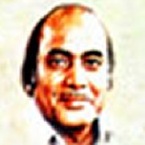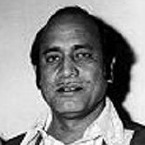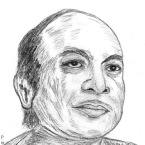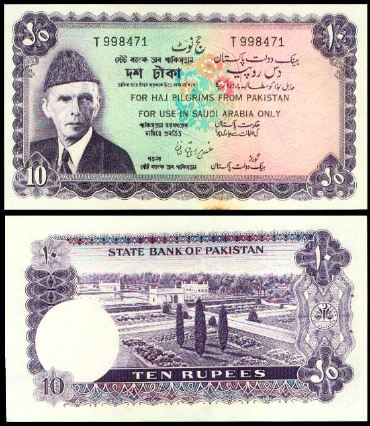M.P. Bhandara
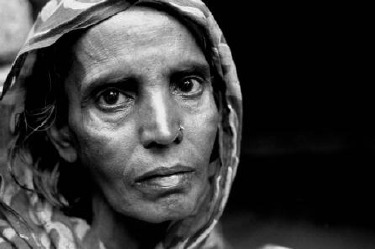 (Editor’s Note: This is the second in our series of lessons to be learnt from the events of 1971. This particular piece was written by the late M.P. Bhandara, then member of the Pakistan parliament, for Dawn in 2005. The intensity of the sentiment on stranded Pakistanis remains equally valid today.)
(Editor’s Note: This is the second in our series of lessons to be learnt from the events of 1971. This particular piece was written by the late M.P. Bhandara, then member of the Pakistan parliament, for Dawn in 2005. The intensity of the sentiment on stranded Pakistanis remains equally valid today.)
There is a blot of shame on the fair name of Pakistan. And each one of us, who has the means and the power to do something about it but chooses to be silent, bears the burden of this guilt.
The story is familiar enough. On December 16, 1971, the Pakistan created by the Quaid-i-Azam, was lost. A sizable population who had migrated from Bihar to East Pakistan at the time of partition were declared non-citizens by the new Bangladesh government. Being culturally and linguistically different, they had not fully integrated with the people of East Pakistan.
During the civil war in East Pakistan between March and December 1971, they readily opted to defend a united Pakistan. The army used (and abused) them as human shields for the more dangerous operations.
For this crime, they have never been forgiven by the people of Bangladesh. After the war, they were herded into unsanitary ghettos on a virtually prison diet. They were branded as “traitors”, and this mark of infamy remains on their children and even their children’s children to this day.
These “traitors” are now considered as “pariahs” by Pakistan that has stopped owning them for the reason that, on migration here, they are likely to settle in Sindh and join the ethnic political ranks of New Sindhis. The estimate of those now eligible for repatriation is said to be between 100,000 and 150,000.

